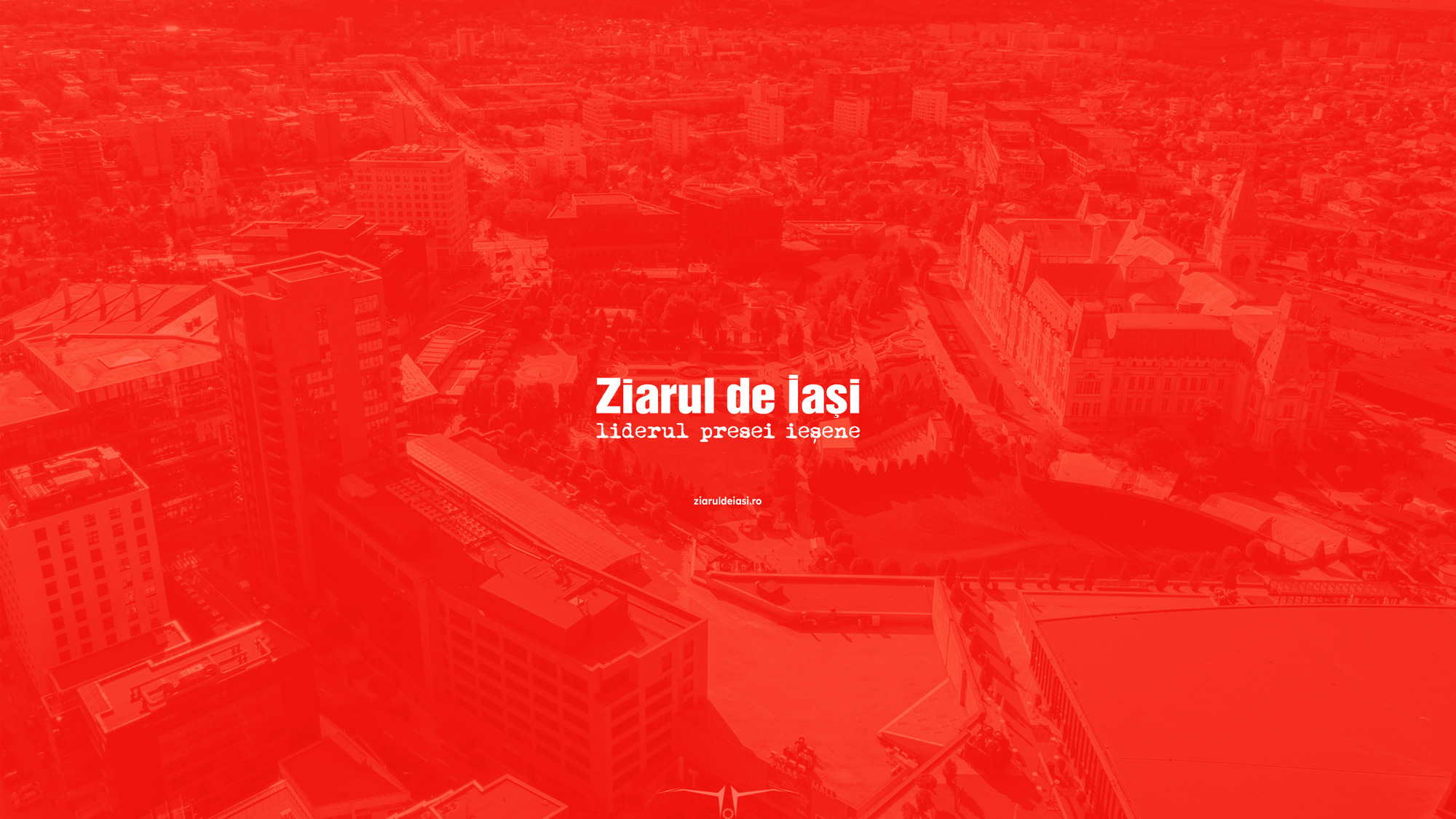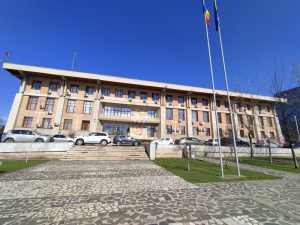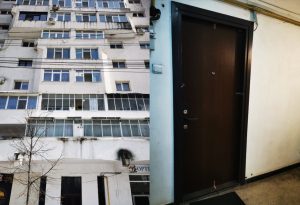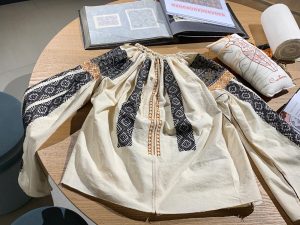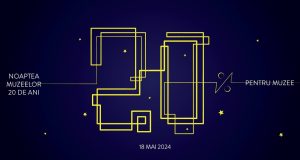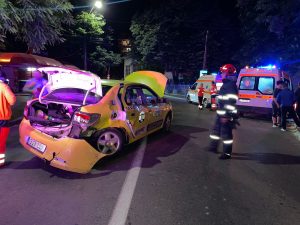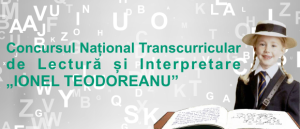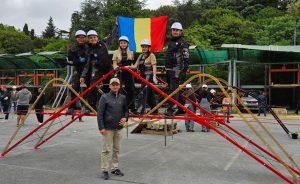
Isarescu has finally stepped forward. Being encouraged by the support given by "a significant part of the civil society" the premier imposed another term, actually a formal one, before officially announcing his candidacy for the president position. As the law requests, he expects that 300 thousand supporting signatures to be drawn together.
Isarescu’s decision puts a period of almost two months of political and media excitement around this affair that we may call "technocrats against politicians" to an end. The decision also clears up the main data of the presidential campaign of this fall. Six candidates beyond any doubt are to rival over a tired, poor and disillusioned electorate still capable of surprises nevertheless.
The six candidates, as the latest polls indicate them in the order of the electoral preferences, are Ion Iliescu, Theodor Stolojan, Mugur Isarescu, Teodor Melescanu, C.V.Tudor and Petre Roman. The hypothesis of withdrawal or invalidation of Ion Iliescu’s candidacy is excluded. Besides, we can already have a first assurance about it. The former president considered the main vote collector according to the last three polls would be one of the two candidates reaching the final electoral stage. Ion Iliescu has a pretty significant loyal electoral support to spare him of a possible failure experience in the second tour. Without any left-winged competition, Ion Iliescu remains the main candidate that will have to challenge any other aspirant to the supreme state position.
The most favored candidates for the second tour running against Ion Iliescu are Theodor Stolojan and Mugur Isarescu at this moment.
The second so-called technocrat Mugur Isarescu’s entering the presidential race turns the focus off from the confrontation with Ion Iliescu as a main favorite to the shoulder-to-shoulder competition between Stolojan and the current premier. What are their weak points and the main best cards of the two then?
One of the Mugur Isarescu’s handicaps, which may well be surpassed, is his manner in which he entered the race. The current premier has put much to risk when delaying his decision to run for presidency, which drove everybody mad. We shall see if he did this out of his own convictions or for the Christian Democrats’ sake. It is quite a risk if we consider the electorate’s strong wish to vote for well-determined leaders.
We shouldn’t forget, anyway, his status of an independent premier, the current president’s decision to give up running for a new term without a well-prepared scenario for his promotion as an alternative and last but not least the political forces’ weakness to prop him up.
Comparatively, Theodor Stolojan had the possibility to launch himself firmly in the race accepting the barter by which he got the candidate’s status of a party in visibly reconstruction process jeopardizing his so-called political independence. The consequences might be terrible. A less dynamic campaign lacking coherence may not be something uncommon as for the premier. Paradoxically, Isarescu has too many and still few people behind him at the same time. Too many people that might tread on each other’s toes and too few to be efficient. For Stolojan it’s easier. He seems more flexible and more coherent.
As to the personalities of the two candidates, the comparison seems to be slightly more balanced. Isarescu is closer to the image of the man that is to become president. He’s got that president-like style and stature in comparison with Stolojan. But the latter is more convincing in his discourse. He’s more expressive, more theatrical and natural at the same time. Isarescu looks more arrogant, that’s why less human. Obviously, these are only impressions, which make the whole politics nevertheless.
On the level of the political messages and the electoral programs, too little is to be said for now, though Stolojan seems already available for a more popular discourse. Isarescu has the Government in his hands instead and therefore the possibility to offer real electoral presents.
Eventually, there are striking differences between the two. The electoral campaign will surely pinpoint them and the outcome is by far predictable.
(By Pavel LUCESCU)

